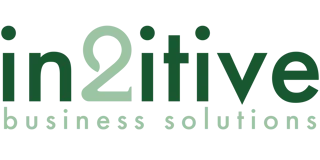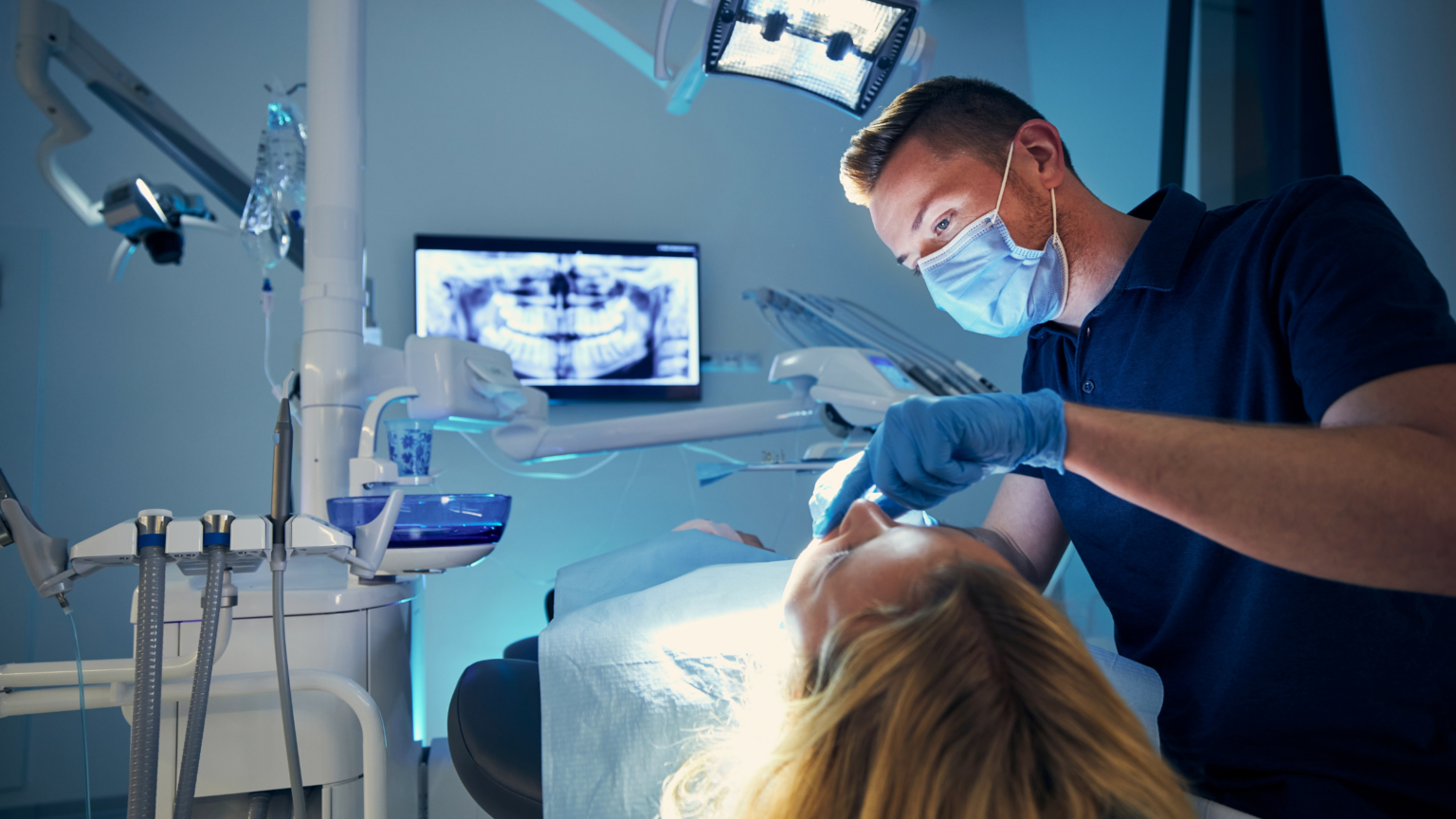The Centers for Medicare and Medicaid Services (CMS) is significantly enhancing the role of ambulatory surgery centers (ASCs) in comprehensive health care. Historically, CMS’s healthcare coverage largely excluded dental services. However, starting January 2024, CMS will include reimbursable dental procedures in ASCs, following the dental payment provisions added in the 2023 Physician Fee Schedule.
This development marks a significant achievement for the ASC industry. Previously, very few dental procedures were covered in an ASC, and were not always covered due to the unlisted manner they were documented. Now, ASCs can participate in dental surgery revenue streams, particularly for dental issues linked to severe health conditions. These new billing opportunities could notably increase facility reimbursements, thereby providing additional resources to improve and expand patient care services.
Evaluating the New Coding Landscape
Until now, ASCs used a single code (41899) to bill for the vast majority of dental-related procedures. CMS has now expanded this to 240 codes, including 26 separately payable dental surgical procedures and 78 ancillary services. This expansion moves CDT codes into the forefront, placing responsibility on ASC billing teams to familiarize themselves with the new codes and coding framework.
Key aspects of the new dental codes and services to focus on:
- Addendum A: Essential for determining eligibility for payment and level of reimbursement.
- Crown-Related Procedures (D2740-D2934): Expected to generate a high volume of cases.
- Facility Services for Dental Rehabilitation Procedures Code (G0330): Anticipated to increase reimbursements by accurately representing the covered services.
- Final Prices: Found in Addendum B.
- Special Situations: Invokes separate coverage policies, such as tooth removal due to certain cancers or chemotherapy
Prepping Your Billing Office for Success
If your ASC is planning to implement dental procedures into your scope of care, there are crucial steps to take now to ensure a smooth transition. The first step to incorporating dental procedures smoothly is training the team on the new codes and CDT guidelines. This could require purchasing CDT-specific coding books.
Evaluate whether your billing software supports CDT codes — many systems are primarily CPT-compatible. Check if your electronic medical record (EMR) and billing software provider will update with the new codes to avoid billing inaccuracies. Save your team from mistakenly thinking codes have been entered into your system and unknowingly billing directly into denials.

Tips for Successful Implementation
The addition of CDT codes will undoubtedly boost financial gains for surgery centers; however, new opportunities come with new challenges, especially for billing teams and systems that have spent decades on CPT-only claims. Consider these steps to navigate the transition effectively:
- Engage with Dental Providers: Check to see if your dental provider already uses existing documentation systems and determine how to adapt that to the ASC standard. Aim to integrate the dentists’ preferred systems into the specific format your center uses (especially with transcription) to ensure complete, fully billable op reports.
- Stay Updated on Documentation Changes: Avoid gaps in your billing and EMR workflows by keeping up with coding addendums and updates from CMS. Gather your team together regularly to stay aligned on all requirements and how they specifically apply to your facility.
- Leverage Insider Knowledge: It takes time to feel comfortable working with a new set of codes and payment policies, especially with new rules for special situations. Consider bringing in external expertise to reinforce your team as they master these codes.
In need of assistance with CDT coding implementation? in2itive offers comprehensive support to seamlessly integrate new dental coding frameworks into your billing process, ensuring optimal financial health for your ASC. Reach out to our team of dental coding experts to learn more.


